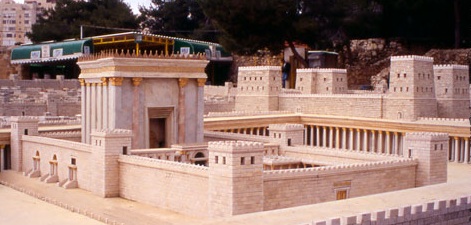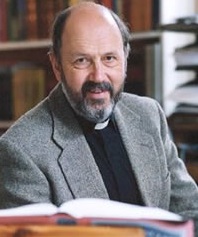 Jerusalem remained at that time the center of God’s people and that meant also the central city for the Church, the people of Messiah Jesus. This is the context for the next passage, a passage for which we need to give thanks and about which we need to be sorry:
Jerusalem remained at that time the center of God’s people and that meant also the central city for the Church, the people of Messiah Jesus. This is the context for the next passage, a passage for which we need to give thanks and about which we need to be sorry:
15:36 After some days Paul said to Barnabas, “Let’s return and visit the brothers in every town where we proclaimed the word of the Lord to see how they are doing.”15:37 Barnabas wanted to bring John called Mark along with them too, 15:38 but Paul insisted that they should not take along this one who had left them in Pamphylia and had not accompanied them in the work. 15:39 They had a sharp disagreement, so that they parted company. Barnabas took along Mark and sailed away to Cyprus, 15:40 but Paul chose Silas and set out, commended to the grace of the Lord by the brothers and sisters. 15:41 He passed through Syria and Cilicia, strengthening the churches..

